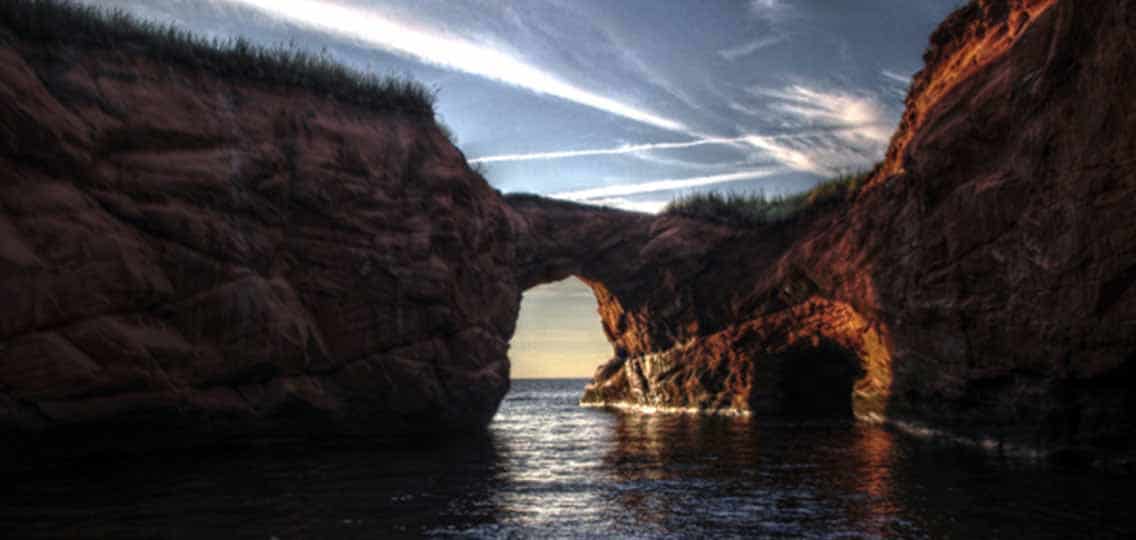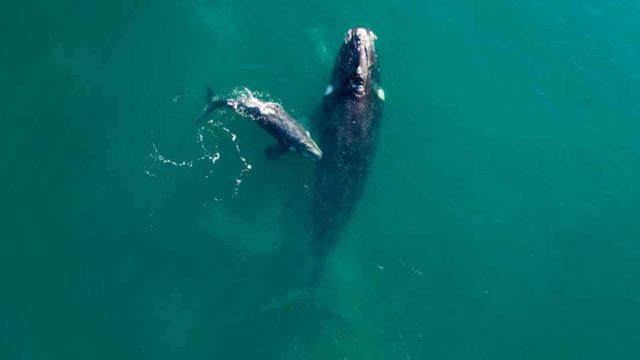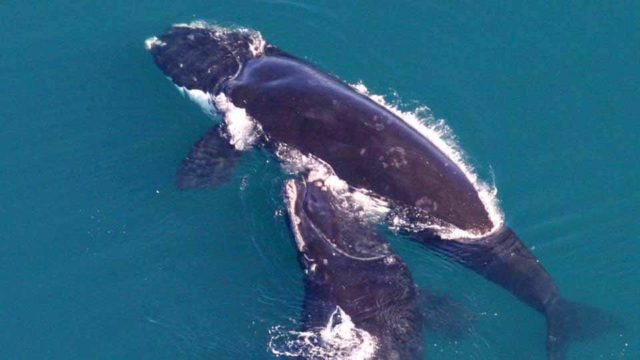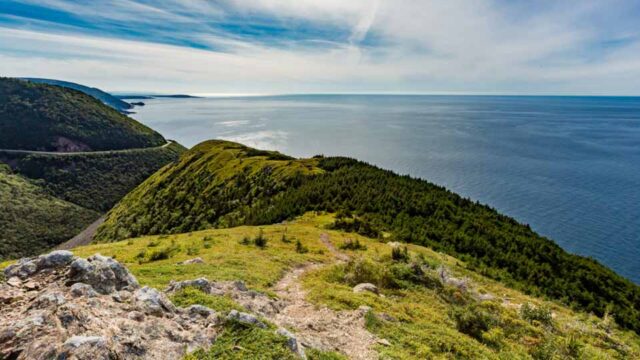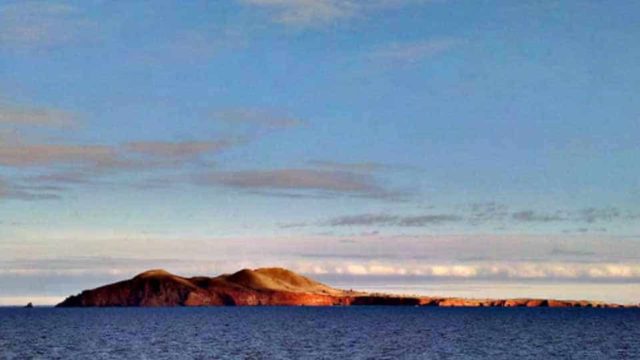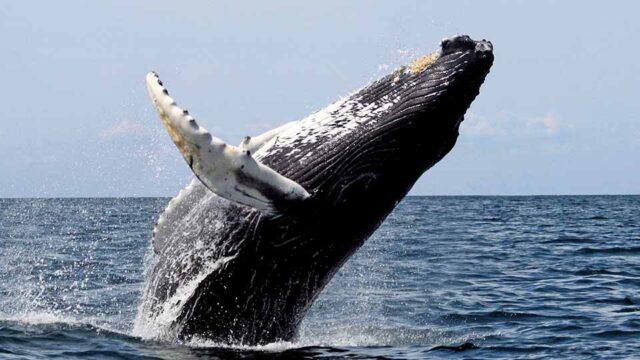The Old Harry oil and gas prospect lies on the border between Quebec and Newfoundland and Labrador in the Gulf of St. Lawrence. The marine area is biologically rich, providing habitat for more than 4,000 species (including species at risk like blue and beluga whales, and the leatherback sea turtle). The Gulf serves as a migration route for wild Atlantic salmon and is a food source for surrounding First Nations.
Despite the significance the Old Harry region plays for species and the surrounding communities, Corridor Resources was granted an exploratory licence for oil and gas exploration in the area in 2008.
In the years since then, Corridor Resources has been unable to cover exploration costs on its own and has not completed an environmental assessment or received regulatory approvals necessary to start oil drilling. Under Canadian law, exploratory licences for oil and gas drilling cannot exceed nine years.
On January 14, 2017, Corridor’s licence expired. The following day, the Canada-Newfoundland and Labrador Offshore Petroleum Board reissued Corridor Resources’ licence.
In 2017, we helped our clients file a lawsuit alleging that the Canada-Newfoundland and Labrador Offshore Petroleum Board unlawfully granted Corridor Resources another offshore drilling licence after time ran ran out on its first one in January 2017.

